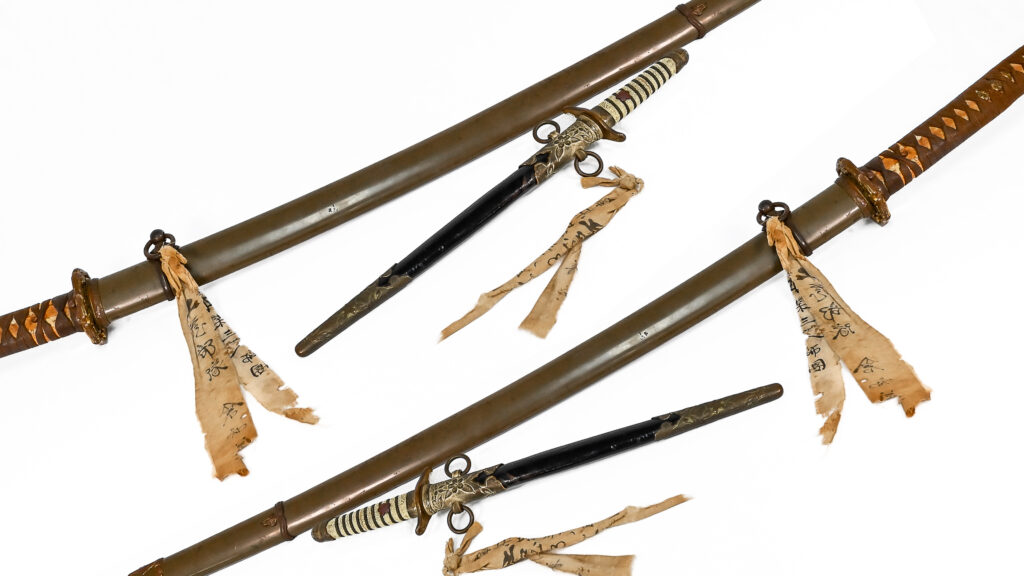
Swords and daggers conjure up images of hand-to-hand combat; brutal, bloody and deadly. But it is likely that these examples were never wielded against an enemy. Though they were carried on the belt as part of the uniform of a Japanese military officer during World War II, this sword and dagger had a deeper purpose […]
Read More…
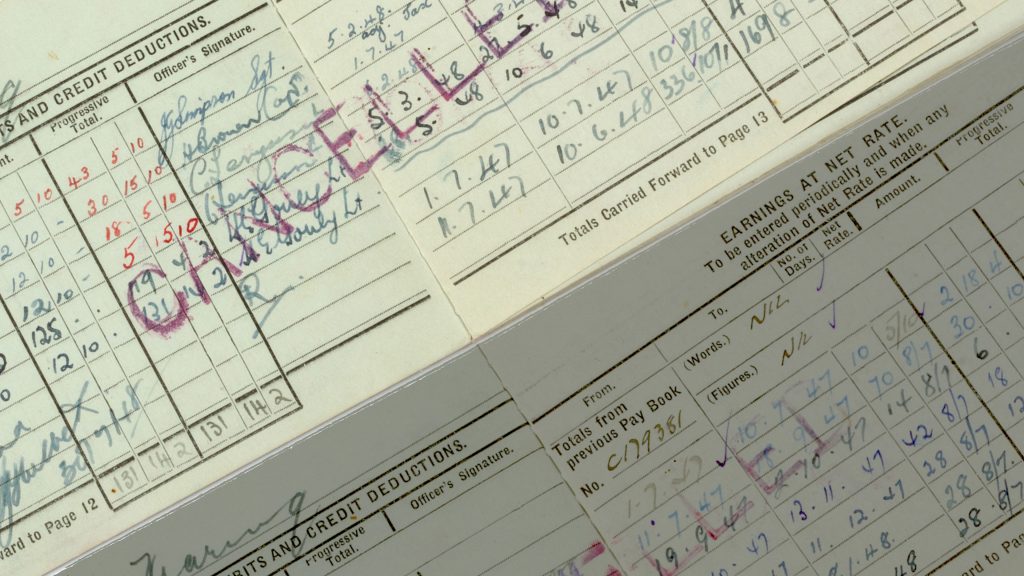
The World Wars unfolded as both harrowing battlefields and captivating cultural stages, with one of its greatest conflicts becoming the evolving role and recognition of women as they contributed to Australia’s military effort. During WWI, women’s direct involvement in the military beyond Australian soil was limited to a few thousand nursing roles. While some women […]
Read More…
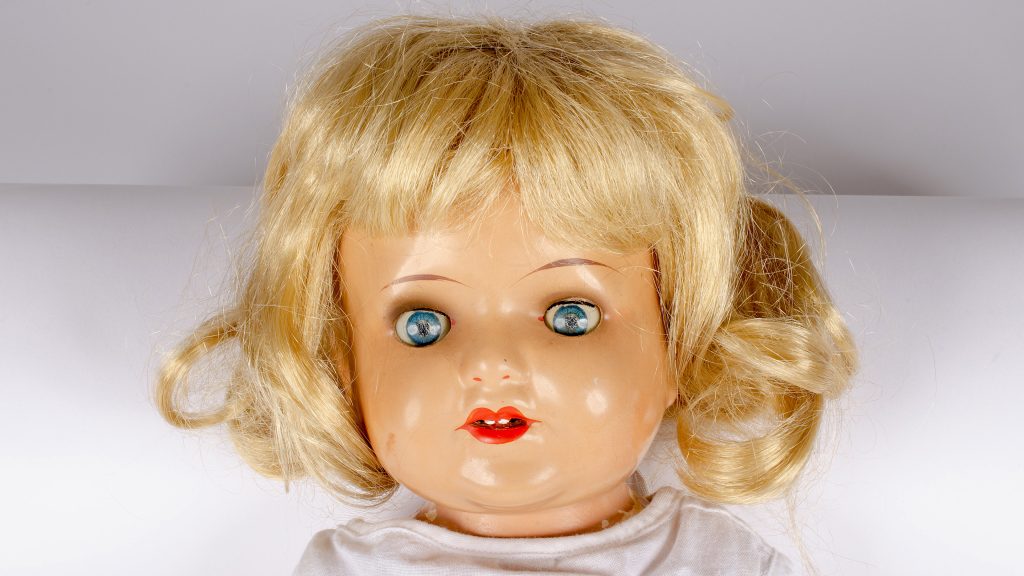
In the 1920s, the children’s doll market was booming. The recent development of celluloid had changed everything – instead of relying on delicate and expensive porcelain, celluloid was tough, easily moulded, affordable, and high quality. During this time, the German and Japanese doll industries were particularly active, and many dolls and parts were imported to […]
Read More…
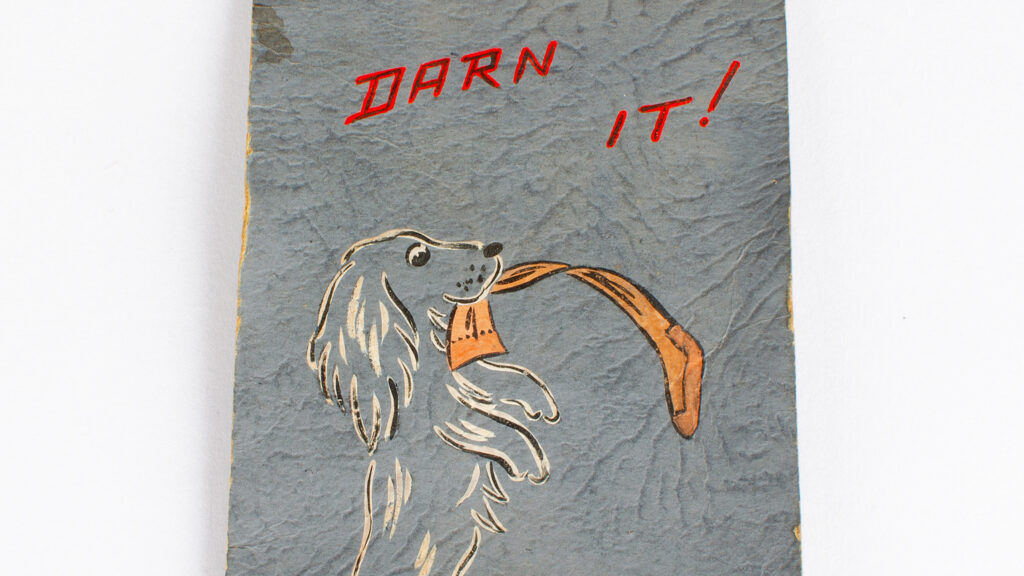
If you’re a woman under seventy years old, chances are you have never darned a stocking. You probably never even owned a pair. But stockings were once considered compulsory attire and a well-dressed woman would not go out in public without them. That changed during World War II, when the silk and nylon used to […]
Read More…
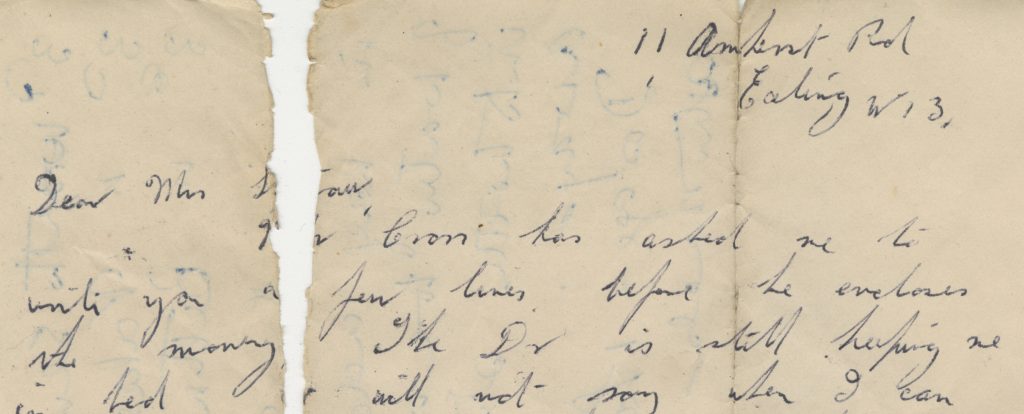
This handwritten letter was discovered among the contents of Beatrix Edith Straw’s travelling trunk, an object donated to the Woolpack Inn Museum in Holbrook. Beatrix, better known as Trixie, was born in Parel (a suburb of Bombay, India) on 2 July 1906. She grew up as the eldest of eight children in Parel and later […]
Read More…
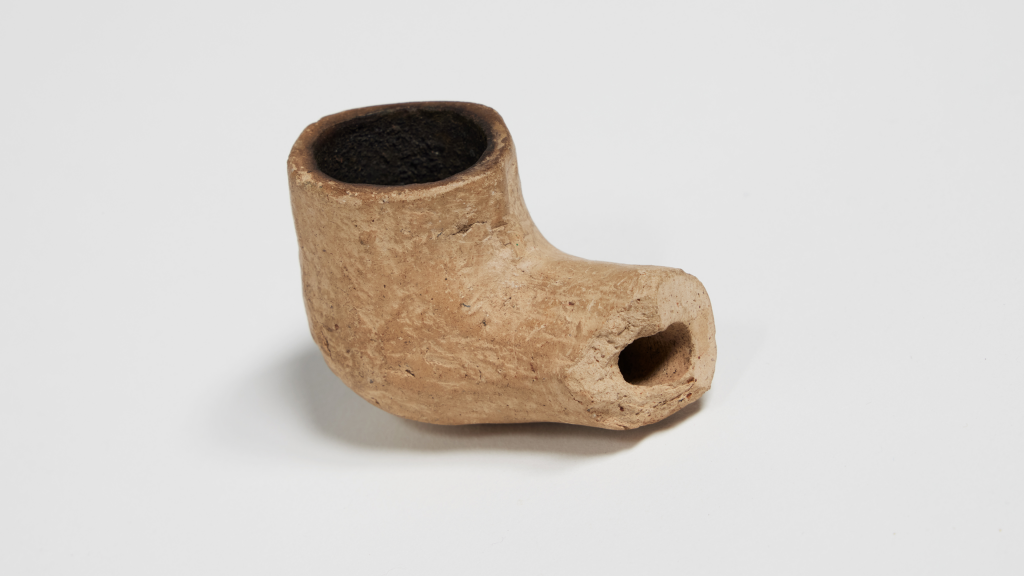
With everyday commodities rarely provided to Australian Prisoners of War (POW) held at the Changi Prison in Singapore during WWII (1939-1945), former prisoner Bob Kelsey recalled that he and others made a host of items from anything they could get hold of. This included smoking pipes, made from bamboo, guava wood, or clay like the […]
Read More…
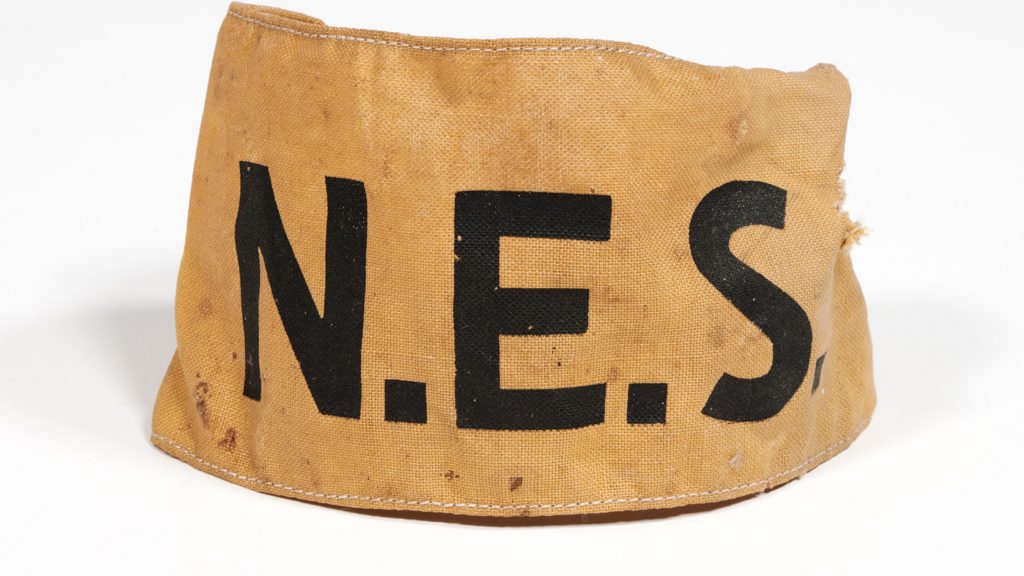
During the Second World War (1939 -1945), thousands of Australian civilians joined the special organisations that formed to support the war effort at home. Armbands were worn by these volunteers to identify them as members of these organisations, such as the Australian Women’s Land Army, the Australian Comforts Fund, Voluntary Aid Detachment, or the National […]
Read More…
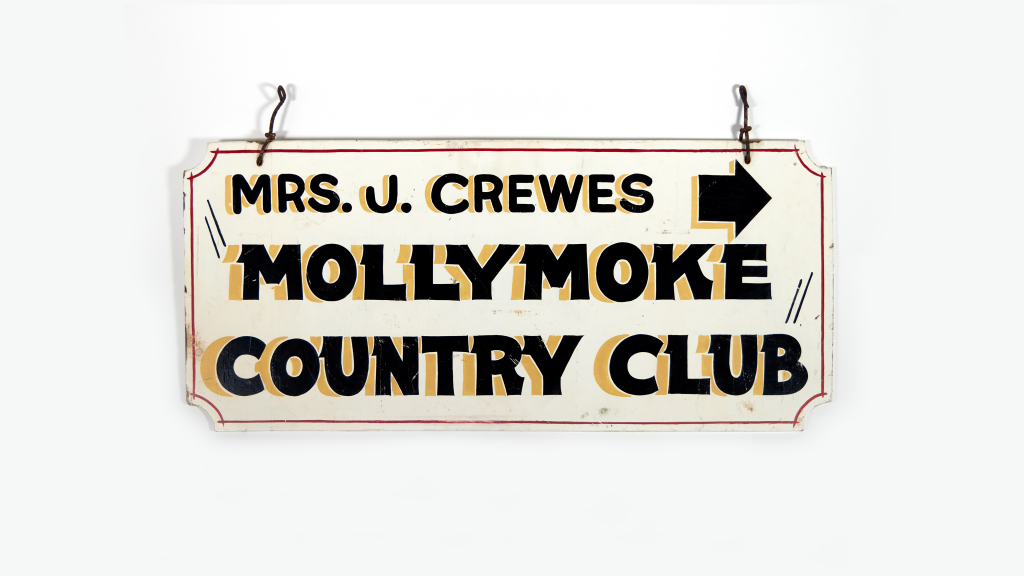
Mollymook’s fresh, salty breezes and relaxed atmosphere must have constantly reminded Joy Crewes why she and her husband John had moved there in the early 1950s. These keen amateur golfers had left Sydney behind to manage the Molly Moke Country Club, with its guesthouse and golf course overlooking the town’s popular beach. So, it must […]
Read More…
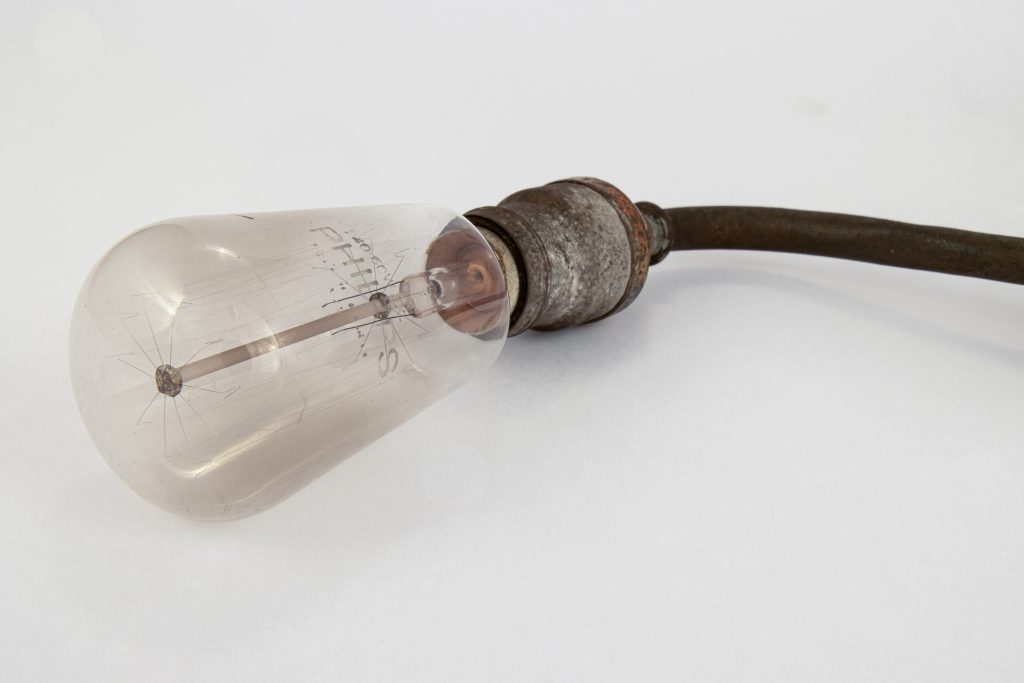
Its been more than 100 years since electricity was installed at West Wallsend. The bulb and fitting shown here is an electric light that belonged to undertaker and carpenter William Turnbull (Snr). It dates from the era when West Wallsend, then a small coal mining town, switched to using electricity. Today, safe, reliable lighting in […]
Read More…
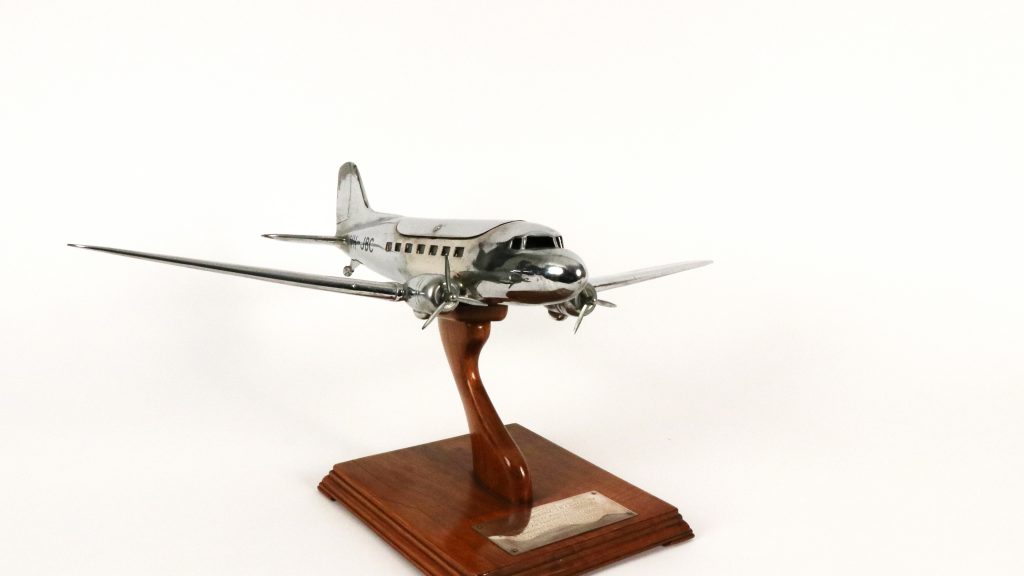
In December 1946 Australia’s Prime Minister (PM) the Honorable Ben Chifley launched Butler Air Transport’s six-day-a-week service from Sydney to Bathurst. It was the first service of its kind to link the NSW capital with the regional city. To thank the PM, Butler Air’s founder, Charles Butler, gifted to Chifley a fitting desk ornament. Chifley’s […]
Read More…











